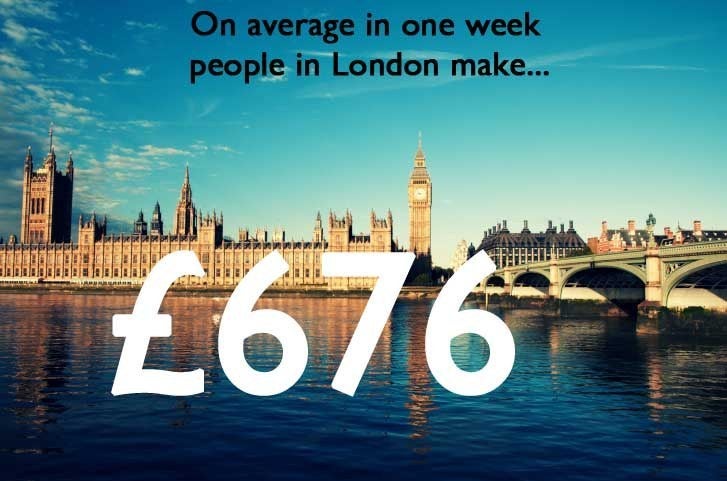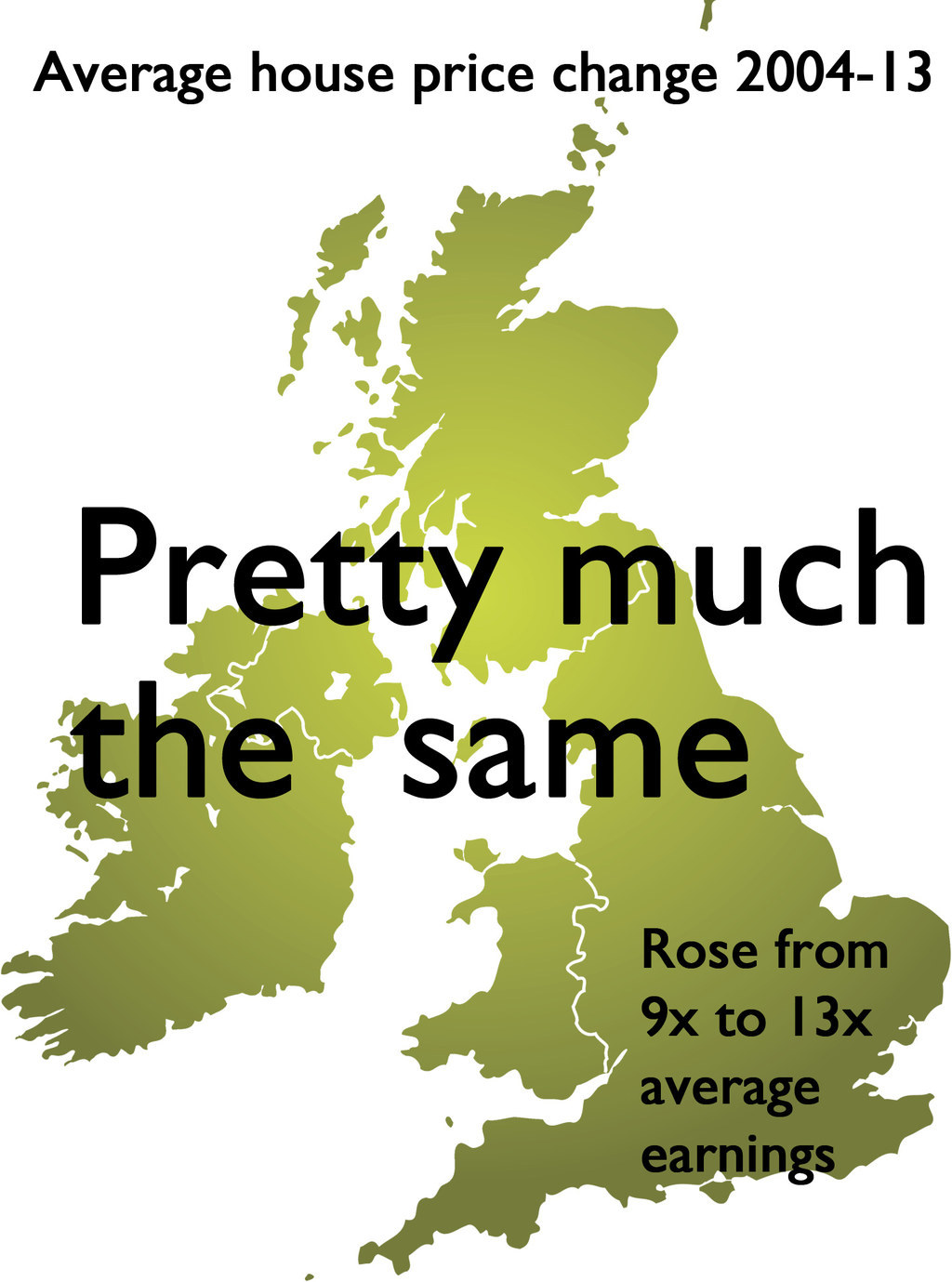If you thought the British north-south divide was a myth or was getting smaller, read this report from the Centre for Cities think-tank.
It argues that in the last decade, despite government efforts to close the gap, "the differences in population growth, the number of businesses, the number of jobs and house-price affordability have continued to widen between cities in the south and cities elsewhere in the UK".
The report points out that the latter include cities in northern and western England as well as Wales, Scotland, and Northern Ireland.
1. The gap in weekly average wages between the top of the scale, London, and the bottom, Huddersfield, is £282.


The UK average is £501 per week.
2. The north of Britain has a population problem: People keep leaving.

3. Spare a thought for Sunderland, which was the only city to actually lose population over the last 10 years – 4,000 people, or 1.4% of the total.

4. All of which means that the number of businesses is growing at a much slower rate up north.

5. For every 12 jobs created in the south, there was just ONE created elsewhere. There were 12.4% more jobs in the south, compared to 0.9% everywhere else.

6. Seaside towns such as Blackpool have been hit hard by this trend.

7. While 65.7% of people in Cambridge are counted as "highly qualified", that figure is just 17.8% in Mansfield, against a national average of 35%.
And that's defined as people with an NVQ Level 4 and above.
In Birmingham, 16.5% of people have no formal qualifications whatsoever; in Aldershot, that figure is 4.3%.
8. The good news if you live outside the M25 is that you're not directly affected by the capital's insane housing market.

Andrew Carter, acting chief executive of the Centre for Cities, said:
Five months out from the election, this report makes the strongest economic case yet for the next government to step up to the challenge of investing in the long-term success of our cities, and build a brighter future in which more people and places can contribute to, and share in, prosperity and growth.
The stark picture the report paints of the enormous gap in the fortunes of UK cities over 10 years underlines why a "steady as she goes" approach must be scrapped. We must move from thinking that bundling up new funding streams with bureaucratic delays, or simply tinkering around the edges with well-intentioned announcements, will be enough to reverse trends that are becoming increasingly entrenched.
Cities need long-term funding and strategic planning, and policies that go to the heart of addressing the key drivers of economic growth – including transport, planning, skills and housing. This report throws down the gauntlet for all parties to turn their recent interest and pledges around cities and devolution into a clear plan to grow jobs and businesses, and improve quality of life throughout the United Kingdom.
